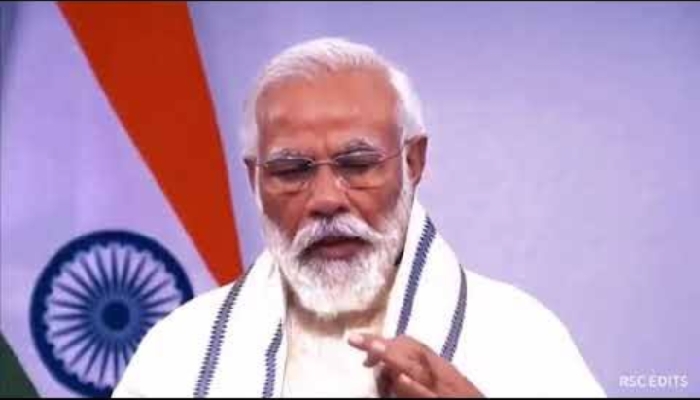New Delhi, Jun 18: The Delhi High Court Thursday asked the Delhi Police to file status report on a plea by Jamia Coordination Committee member Safoora Zargar, who was arrested under the anti-terror law --UAPA -- seeking bail in a case related to communal violence in northeast Delhi during protests against the Citizenship Amendment Act in February.
Zargar, M Phil student of Jamia Millia Islamia University, is more than four months pregnant.
Justice Rajiv Shakdher issued notice to the police and asked it to file a status report on the bail plea.
The high court listed the matter for further hearing on June 22.
Zargar, who was arrested by the Special Cell of Delhi Police on April 10, has challenged the June 4 order of the trial court denying her bail in the case.
The trial court, in its order, had said “when you choose to play with embers, you cannot blame the wind to have carried the spark a bit too far and spread the fire.”
It had said that during the course of investigation a larger conspiracy was discernible and if there was prima evidence of conspiracy, acts and statements made by any one of the conspirators, it is admissible against all.
The court had said that even if there was no direct act of violence attributable to the accused (Zargar), she cannot shy away from her liability under the provisions of the Unlawful Activities (Prevention) Act (UAPA).
However, the trial court had asked the concerned jail superintendent to provide adequate medical aid and the assistance to Zargar.
The police had earlier claimed that Zargar allegedly blocked a road near Jaffrabad metro station during the anti-CAA protests and instigated people that led to the riots in the area.
It further claimed that she was allegedly part of the “premediated conspiracy” to incite communal riots in northeast Delhi in February.
Communal clashes had broken out in northeast Delhi on February 24 after violence between citizenship law supporters and protesters spiralled out of control leaving at least 53 people dead and scores injured.






Comments
Add new comment